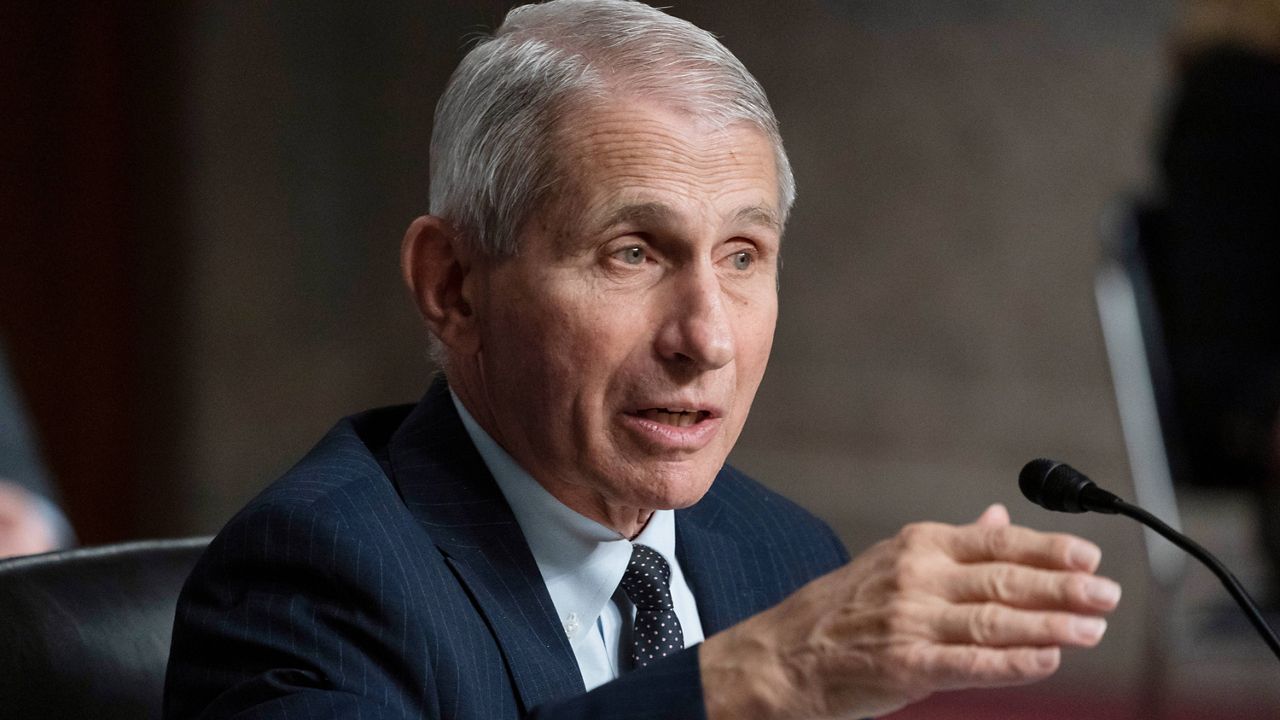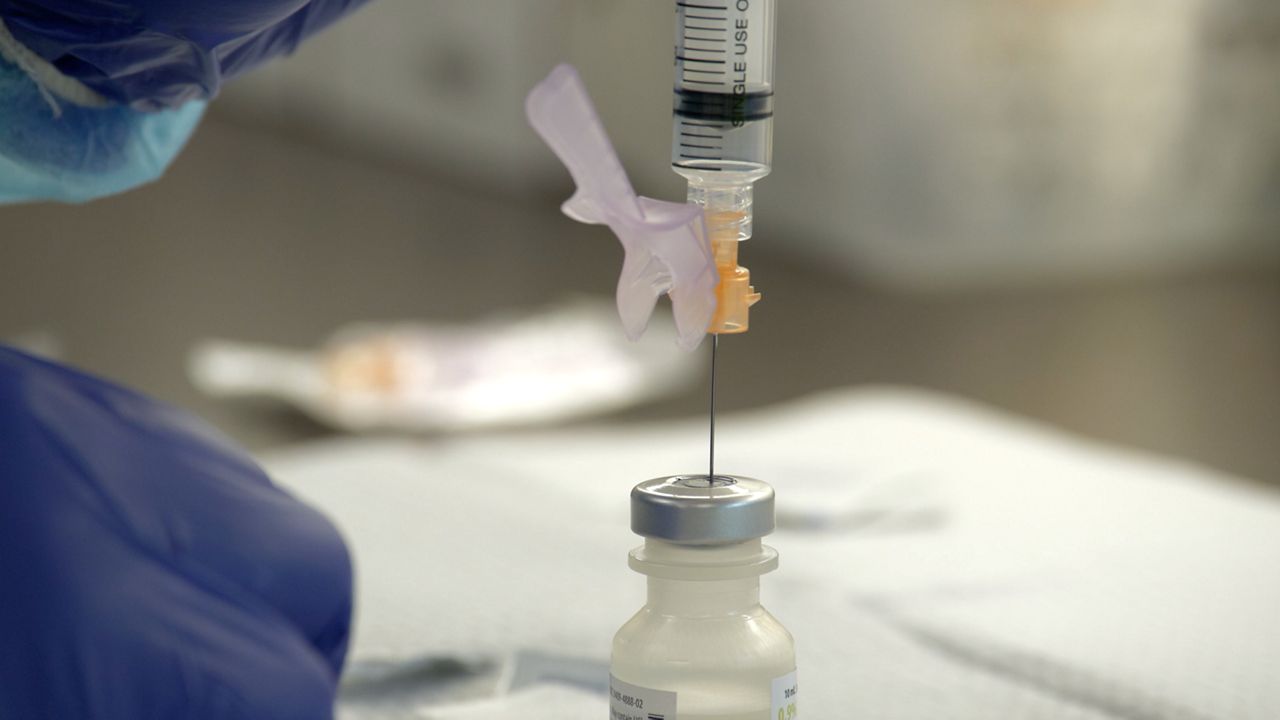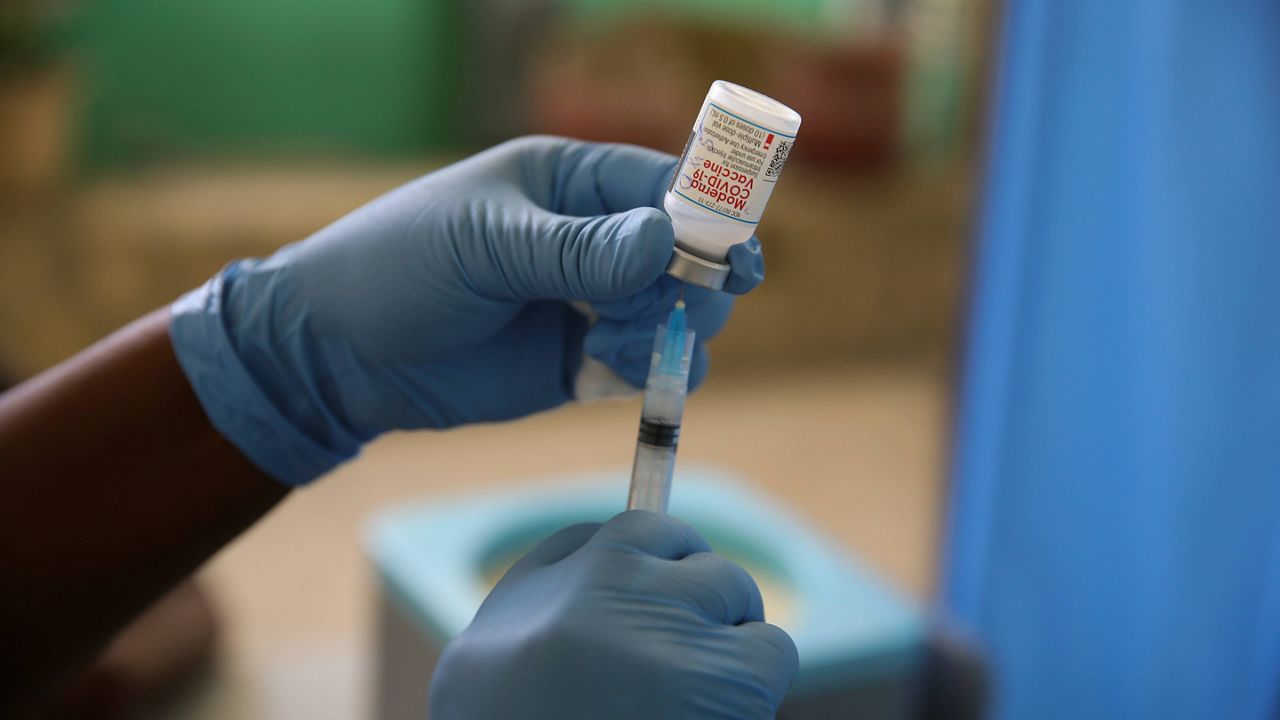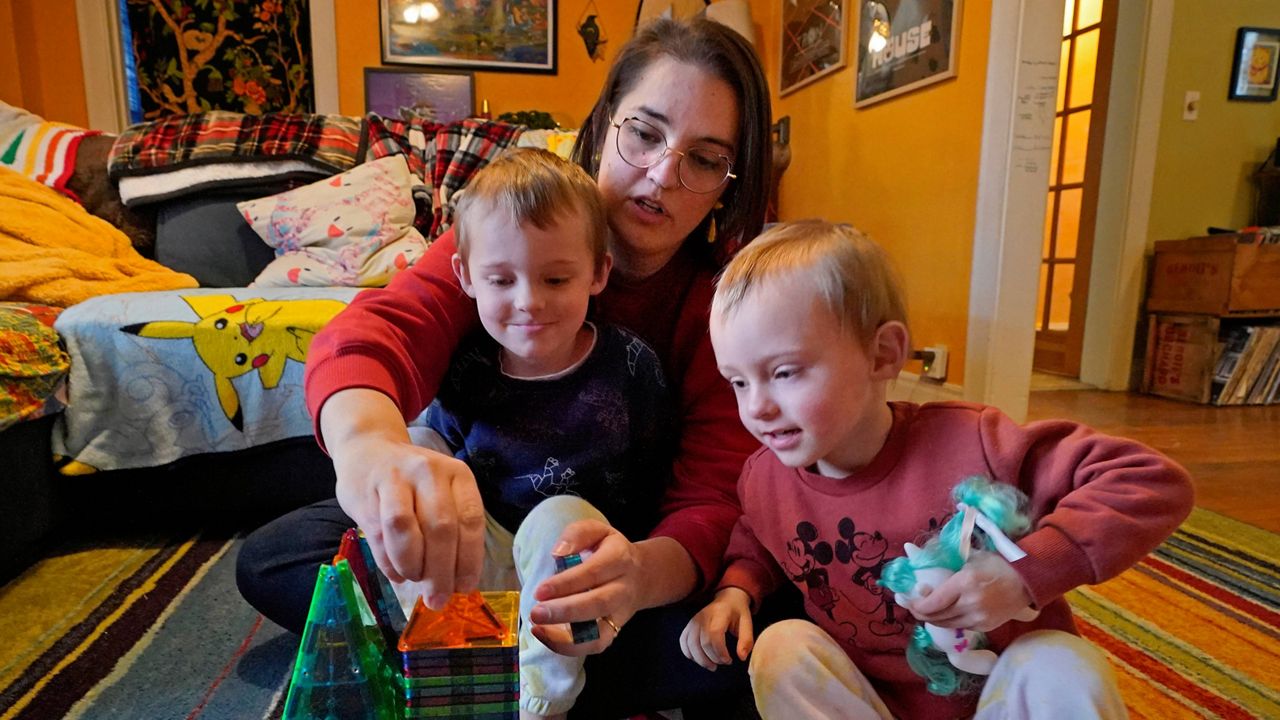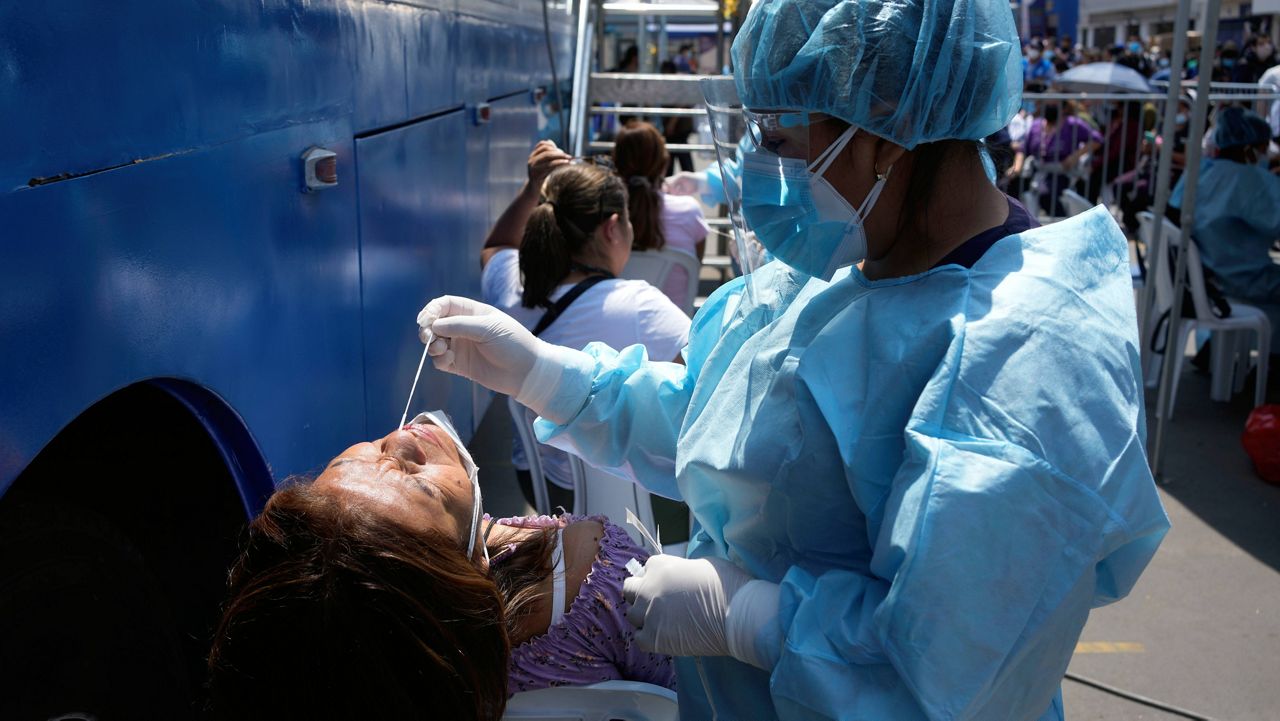Federal health officials Tuesday outlined how the Biden administration is preparing to tackle the omicron COVID-19 variant in the United States while also stressing that the country has far more tools at its disposal than a year ago.
What You Need To Know
- Federal health officials Tuesday outlined how the Biden administration is preparing to tackle the omicron COVID-19 variant in the United States while also stressing that the country has far more tools at its disposal than a year ago
- The variant, first identified in South Africa, has not yet been detected in the U.S., but health officials believe cases here are inevitable
- Much remains a mystery about omicron, but Dr. Anthony Fauci and CDC Director Dr. Rochelle Walensk insisted initial vaccinations and booster shots for previously vaccinated people are the nation’s best defense against the variant
- Fauci reiterated that it will take two to four weeks before enough data are available to determine just how transmissible omicron is, how the existing vaccines perform against it and if the variant is more likely to result in severe illness
The variant, first identified in South Africa, has not yet been detected in the U.S., but health officials believe cases will inevitably reach the country.
President Joe Biden last week ordered travel restrictions for South Africa and seven neighboring countries with the goal of giving the U.S. more time to make preparations for omicron, including getting more people vaccinated and developing updated vaccines and treatments if the variant proves to erode their effectiveness.
Much remains a mystery about omicron, but Dr. Anthony Fauci, the federal government’s top infectious disease expert, and Dr. Rochelle Walensky, director of the Centers for Disease Control and Prevention, insisted initial vaccinations and booster shots for previously vaccinated people are the nation’s best defense against the variant. The vaccine will in all likelihood offer a level of protection against it, they said.
Fauci and Walensky also said Americans can protect themselves against omicron by wearing masks in public settings, avoiding crowds and washing hands regularly and thoroughly.
Fauci reiterated that it will take two to four weeks before enough data are available to determine just how transmissible omicron is, how the existing vaccines perform against it and if the variant is more likely to result in severe illness.
“Pending these data, the effect of this variant on transmission, severity of disease and how well current vaccines and treatments work remains speculative regardless of what we’re hearing in the press,” Fauci said.
Fauci, who is director of the National Institute of Allergy and Infectious Diseases and Biden’s chief medical adviser, however, said there is reason to believe the variant is more transmissible than the original coronavirus strain first detected in Wuhan, China, but it’s not clear if it’s more contagious than the delta variant.
Fauci said the number of omicron cases worldwide as of Tuesday was 226 over 20 countries — up from 205 cases in 18 countries the day before.
“And I think you're going to expect to see those numbers change rapidly,” he said.
Fauci also said that it’s possible that omicron will significantly reduce the number of neutralizing antibodies created by vaccines, but said it’s important for people to be at their highest possible level of protection.
“Although partial immune escape may occur, vaccines, and particularly boosters, give a level of antibody that, even with variants like delta, give you a degree of cross protection, particularly against severe disease,” Fauci said.
On Monday, the CDC strengthened the wording of its guidance on booster shots to say Americans 18 and older should receive them — rather than may receive them — if they were given their second Pfizer or Modern shot at least six months earlier or their lone Johnson & Johnson shot two months before.
While the U.S. braces for its first omicron cases, Walensky said the nation is well-prepared because vaccines are authorized for everyone ages 5 and older, there are therapeutics available and strict travel protocols are in place.
In the meantime, about 80,000 positive PCR cases — roughly one out of every seven — are being sequenced every week to detect variants, a 10-fold increase from a year ago, Walensky said.
“We are actively looking for the omicron variant right here in the United States,” she said.
U.S. health officials have been in regular contact with their counterparts in South Africa to learn as much as possible about the variant.
“Let me express how grateful we are to the South African government and to their experts and scientists who have been open in their communication and willing to share their data with CDC and the entire world,” Walensky said. “Their collaboration has allowed us to make evidence-based decisions quickly and to ensure that we can protect as many people as possible from COVID-19.”
The Biden administration also says it’s been in touch with vaccine makers, who are already working to develop shots that specifically target omicron, in the event they are needed. The development, regulatory approval and manufacturing of updated vaccines, however, would be expected to take several months.
Ryan Chatelain - Digital Media Producer
Ryan Chatelain is a national news digital content producer for Spectrum News and is based in New York City. He has previously covered both news and sports for WFAN Sports Radio, CBS New York, Newsday, amNewYork and The Courier in his home state of Louisiana.




